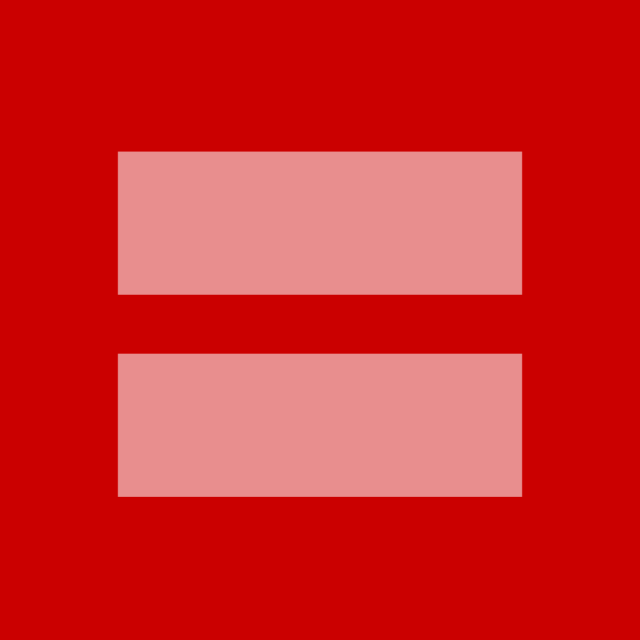Who was right, who was wrong — and what happens now?
By Tim Redmond
JUNE 26, 2015 – There was a time, and it wasn’t that long ago, that the folks who considered themselves thoughtful and respected political leaders in the Democratic Party (and I count national representatives from San Francisco in that group) argued that it was a mistake to push for same-sex marriage in the courts, that the nation wasn’t ready, that the Supreme Court would never go for it.
Those people, it can now be said, were solidly on the wrong side of history. And local San Francisco officials, who stood their ground and refused to be patient and wait, were right.
City Attorney Dennis Herrera and his team said all along that there was a sound legal argument here. They turned out to be prescient.
I remember when Lawrence v Texas came out in 2003, I was talking to my Bay Guardian colleague Paul Reidinger, who was a brilliant food writer and author of gay literature who also had a law degree, and his comment after reading the opinion was telling. “It’s pretty clear,” he said, “that the members of the Supreme Court actually know and spend time with gay people.”
The days when a Supreme Court justice could say that he has “never met a homosexual” were long over. And for anyone except the increasingly looney right-wingers on the court (did you see this? And this?), same-sex marriage has become, as the Boston Phoenix once wrote, utterly mundane and normal.
This historic ruling is going to drive the Republican candidates for president nuts. They can’t appeal to the cray-cray side of their party, which dominates primaries, without alienating the growing majority of people, including Republicans, who see nothing at all wrong with (or even controversial about) the idea of two people who love each other getting married.
The arguments against same-sex marriage have become increasingly bizarre. Justice Clarence Thomas says that slaves weren’t robbed of their dignity, so gay people can’t be either. Justice Antonin Scalia says that if “intimacy is a freedom” then marriage abridges it; “just ask the nearest hippie.” (I don’t think hippies have ever before been cited as a legal source by the US Supreme Court.) And he says if he ever had to agree to an opinion that says the Constitution “promises liberty to all … to define and express their identity” he would hide his head in a bag. (Which actually seems like a fine idea.)
Justice John Roberts cites “the transformation of a social institution that has formed the basis of human society for millennia, for the Kalahari Bushmen and the Han Chinese, the Carthaginians and the Aztecs.” (Of course, slavery was a social institution accepted for long periods of time. So was the notion that the world was flat, and that women were inferior to men.)
None of that will make much sense to the majority of people voting for the next president.
So now that this debate is, at least as a matter of law, over and done, what happens to the big institutions in the LGBTQ community that have raised millions and built sizable operations talking about marriage equality?
Will they, as this story asks, start to focus on the latter two letters?
I just spoke with my friend Gabriel Haaland, who is a longtime transgender and labor leader, and he told me that he hopes and believes that some community allies will now take on other challenging issues. “I was impressed with what Kate Kendall said, that now that we’ve won marriage we can start to focus on immigration, economic justice, and other challenges that face the community,” he said.
“Now that marriage is finalized, a lot of resources will be freed up, and what does that look like?”
There’s still plenty of work to do. When a transgender activist interrupted the president Wednesday, Obama was more than startled, and he responded badly. “I’m not sure he even knew that there was an issue here,” Haaland said. “He certainly knows now.”
So let’s celebrate and party in the old town this weekend, because on Monday, the next struggles will be there waiting.





